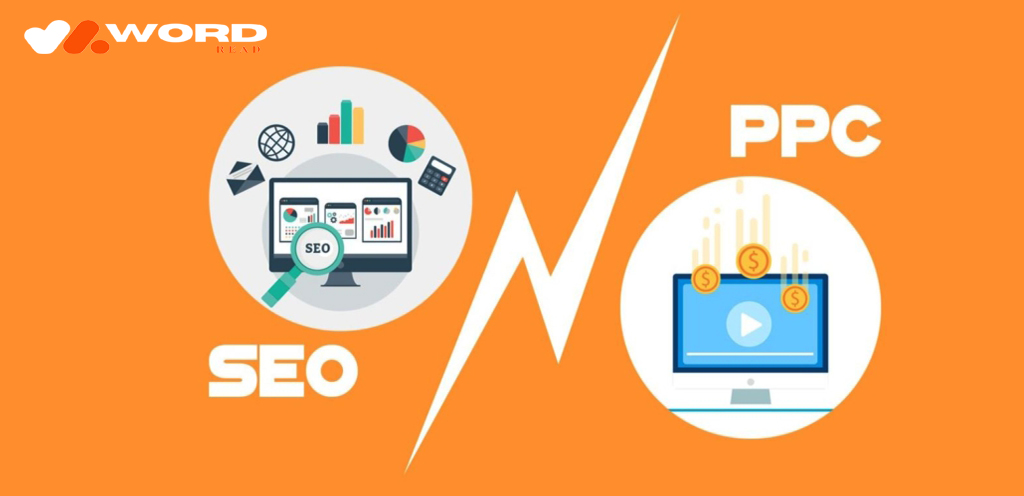Pay-per-click (PPC) advertising and Search Engine Optimization (SEO) are two of the most popular techniques in the field of digital marketing. E-commerce is growing quickly and companies are always looking for new methods to increase traffic, turn visitors into customers and boost online sales.
A digital marketing strategy is a comprehensive plan that outlines the use of various online mediums to achieve company objectives. These goals include inspiring customers, building a business identity and gaining more followers. The companies utilize digital marketing to raise awareness, produce leads, promote products and increase revenue. These internet platforms help various user groups interact and keep their current customers happy.
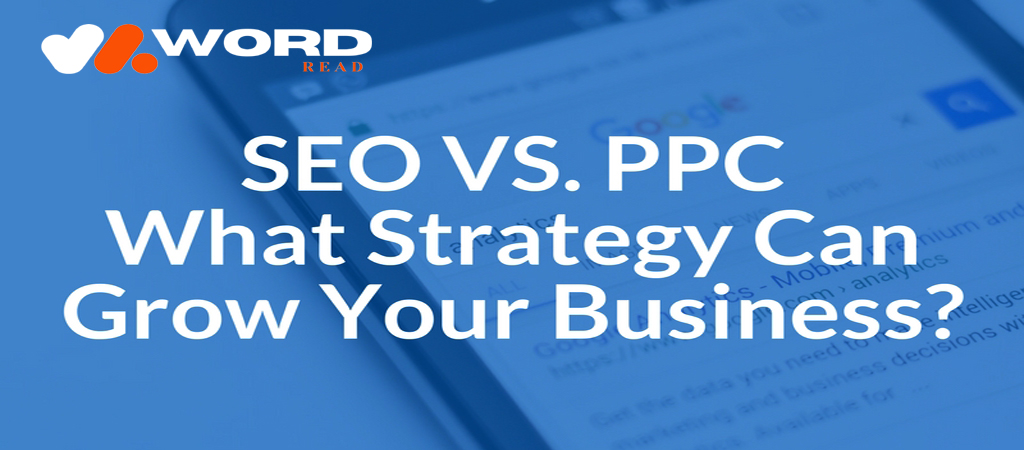
SEO (Search Engine Optimization):
The goal of SEO is to increase a website’s popularity on search engines such as Google. All the technological elements must be optimized to rank higher in organic search results such as content, keywords etc. Google is always coming up with new ways to display users with search engine results. Search engines are now more than ever promoting websites with original and accurate content. The final goal of organic search engine optimization is to generate traffic to your brand’s website by completing a number of on-page and off-page activities.
Pros and Cons of SEO:
SEO offers advantages as well as disadvantages of its own like each marketing method. It assists you in making responsible decisions for your online marketing campaigns. Let’s look at the benefits and drawbacks of SEO.
Pros of SEO:
SEO attracts visitors without ads and makes it cost-effective.
It also boosts the popularity and trustworthiness of the website.
SEO optimized for relevant keywords and increases conversion chances.
SEO provides consistent traffic over time, unlike paid advertising.
It enhances user experience practices like faster loading times and mobile-friendliness.
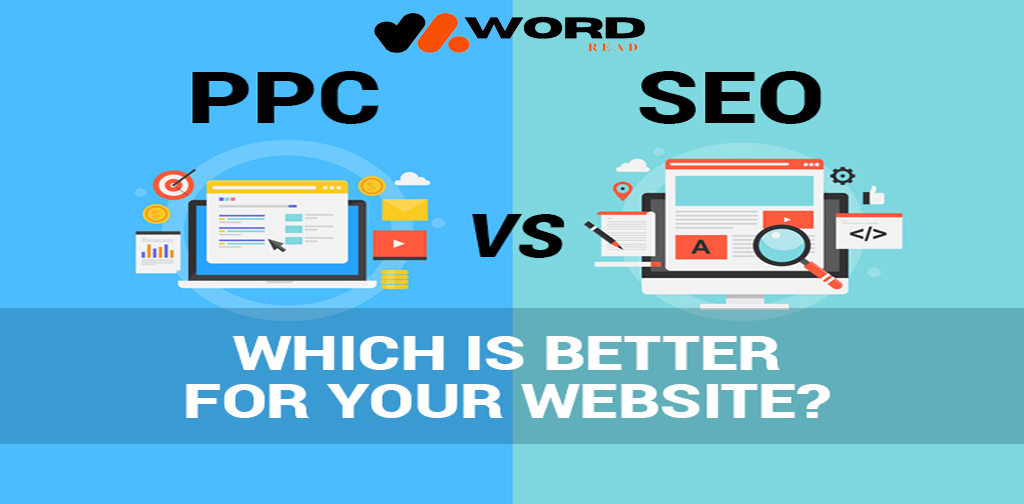
Cons of SEO:
SEO requires time, ongoing adjustments and technical knowledge to achieve significant results.
SEO has high competition in digital marketing.
It has a high initial setup cost and no guarantee of top positions making it a costly solution.
PPC (Pay-Per-Click):
PPC is an online advertising model. In this, businesses are charged a fee each time a user clicks on their advertisement. This method of purchasing website views is commonly used to increase traffic, leads and sales. Facebook advertisements and Google Ads are two well-liked PPC platforms. In other words, through PPC customized website traffic with this technique. The cost per click becomes minimal when pay-per-click advertising works as planned since the expected return on investment is high. For example, We have made a good profit if we pay $4 for a click that leads to above than $200 sales.

Pros and Cons of PPC:
You can determine if PPC is the best option for your e-commerce business and marketing objectives by getting familiar with its pros and cons.
Pros of PPC:
PPC ads quickly drive traffic to your business by boosting search results.
You can target specific demographics and locations with a budget.
PPC platforms offer detailed analytics of websites.
It also allows you to adjust ad copy, keywords and landing pages.
Cons of PPC:
PPC costs can be high.
It leads to competing bids and difficulty in ranking.
PPC requires trial and error for success.
Some users ignore sponsored ads, focusing on organic search results.
Stopping PPC can lead to lost visibility.
Price difference between SEO and PPC:
SEO offers a low primary investment and lower costs as compared to PPC campaigns.
SEO requires time and has no guarantee of success.
PPC campaigns start immediately and require quality content posting.
SEO provides a long-term, workable solution, with fixed price tags for different industries while PPC provides only a temporary solution.
PPC provides set price tags of 0.54$ for industrial services and 0.81$ for consumer services throughout multiple industries.
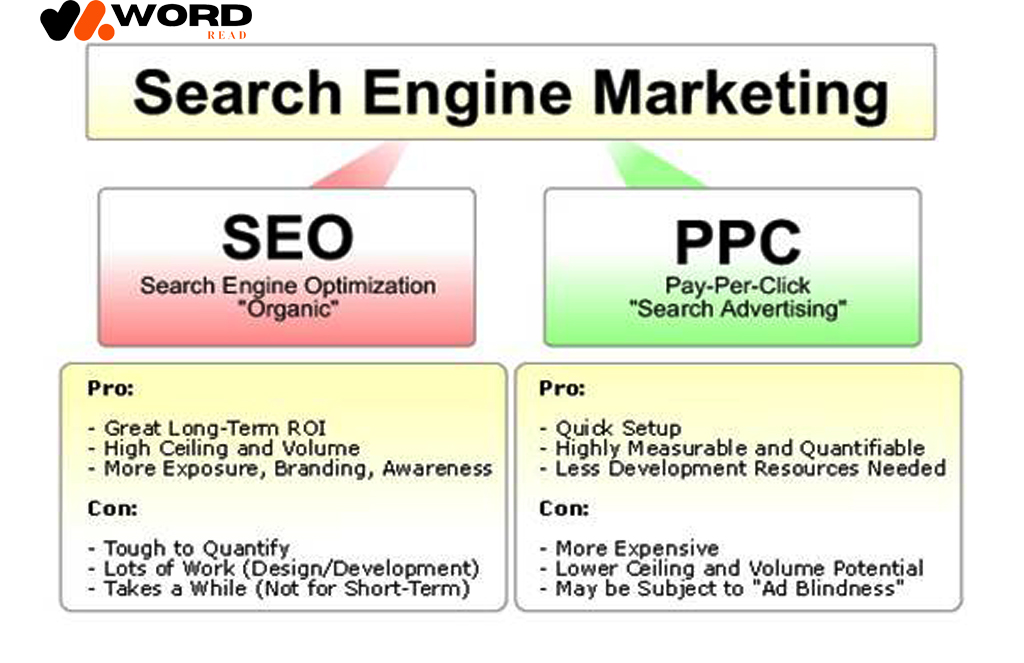
Which Strategy Reigns Supreme for Maximizing E-Commerce Growth?
The most effective strategy for optimizing e-commerce development will rely on SEO and PPC change with the times, but both are still very important.
SEO still place significant importance on relevant, high-quality content, user experience, and mobile-first searching. SEO is still essential to long-term success. Businesses that engage in SEO will enjoy consistent organic traffic and increased trust.
PPC will be even more accurate with machine learning algorithms, sophisticated targeting, and AI integration for campaign optimization. It is an effective technique for generating traffic right away, particularly for campaigns and highly competitive industries.
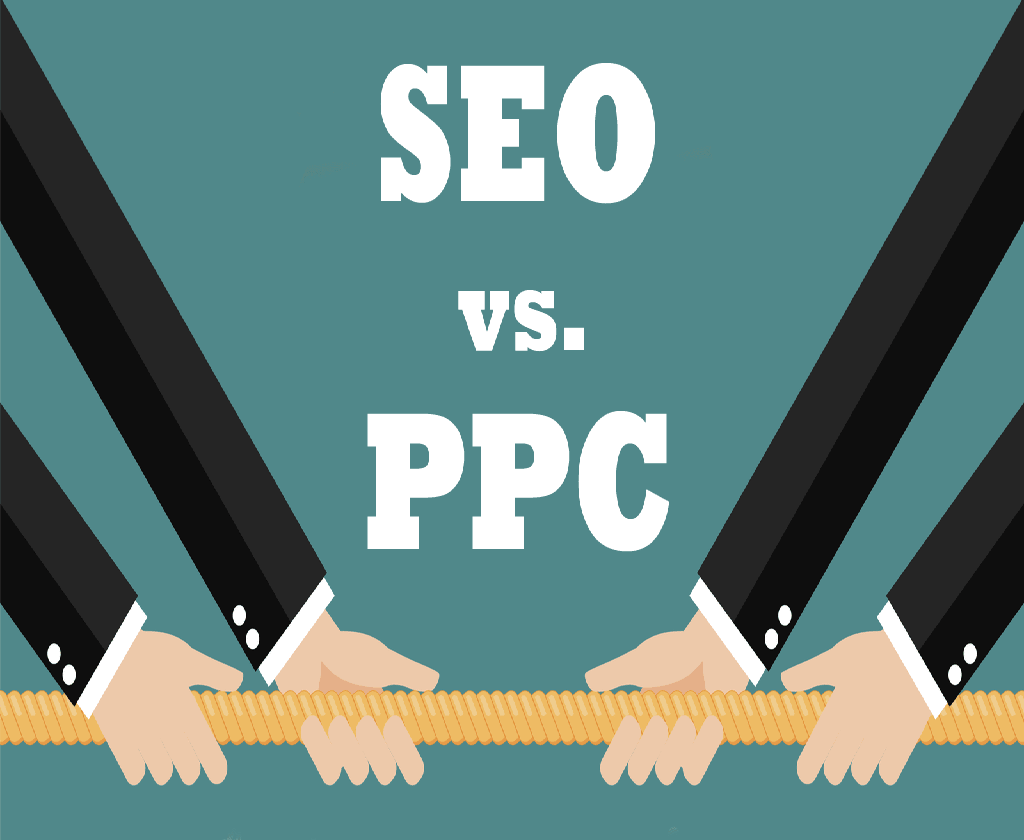
The combination of PPC and SEO is probably the best strategy for e-commerce growth. PPC offers immediate gains while SEO offers long-term worth. They work together to produce a well-balanced approach that promotes both rapid and long-term growth. PPC used for quick conversions and SEO for creating a strong foundation will determine the supreme approach for your company.


